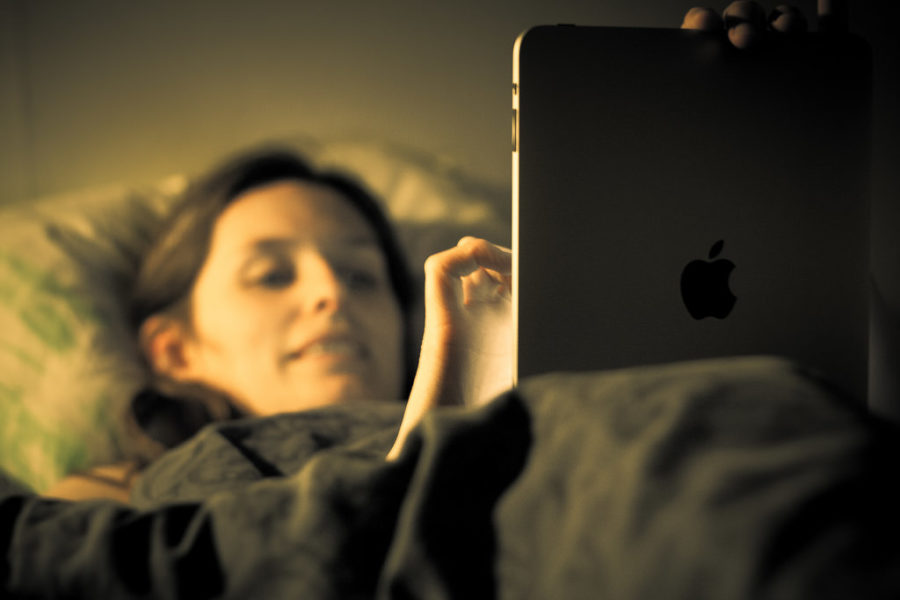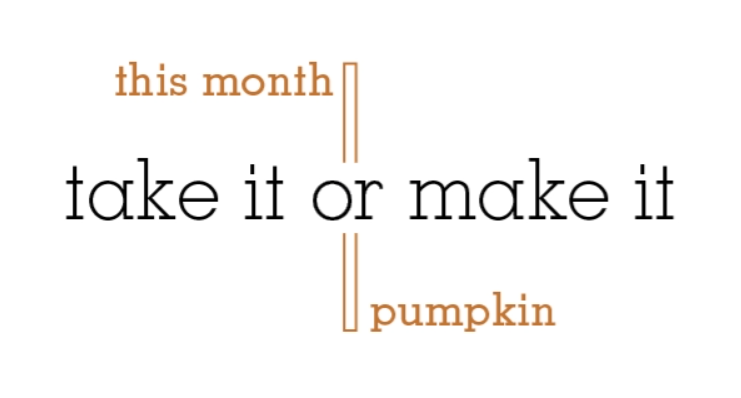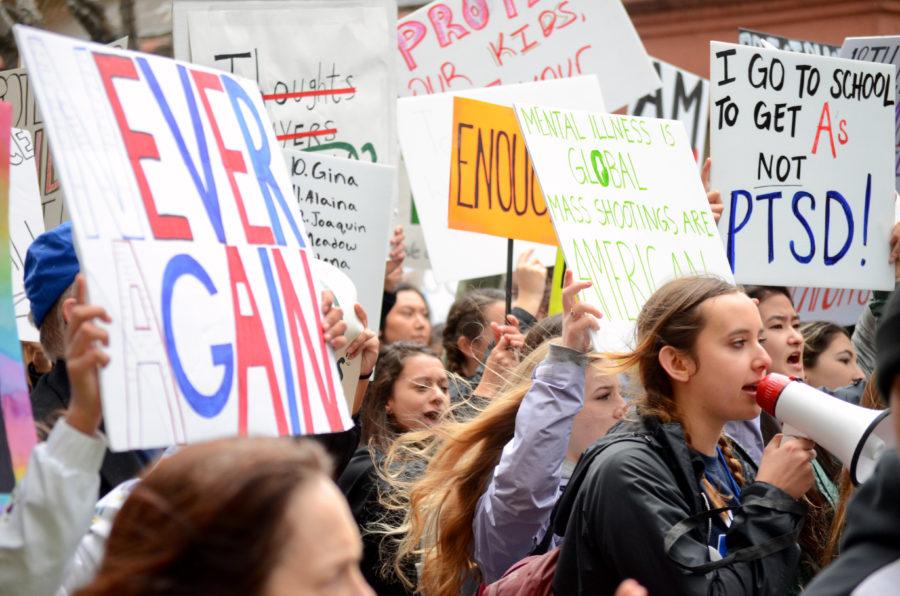Vivian Geilim opinion editor
When I walk down the halls on my way to class, I seldom make eye contact with the students who walk past me. It’s become a norm for me to see the top of their heads instead of the whites of their eyes. They’re on their phones, of course.
We’re notoriously labeled as the iGen–the kids who didn’t quite make the millennial checkpoint, and the kids who became so gadget-obsessed that they had their generation named after the iPhone.
The iPhone was seen as a pivotal milestone the world underwent as a whole, being one of the most influential technological innovations established since the television. The bittersweet truth: our society has established the iPhone at such high praise and use that we would not be capable of coherently functioning if we did not have the device.
Our smartphones, that we think so highly of, have helped us efficiently navigate and find shortcuts through life; however, they have also caused our quality of life to exponentially decline.
The obsession for the iPhone has manifested into one of society’s fundamental vices and one of the things teenagers have become most vulnerable to.
This isn’t just your parent’s telling you to get off your phone.
According to a sleep study conducted in 2016, the use of smartphones near bedtime is associated with worse quality of sleep. The average teenager should get around eight to nine and a half hours of sleep. But in reality, kids aren’t getting anywhere near the sufficient amount of sleep they need.
And if you’re not on your phone, per say? Let’s say that you are instead cramming for that final exam you have the next day. You take initiative and plan an all-nighter to review the material so you can get a good grade. Although you’re not falling victim to the smartphones sleepless timewarp, you’re still underestimating the importance sleep has on your academics.
“Simply put, you go to bed, you lie down and spend time in bed, but if you’re not able to sleep through the time in bed, that’s not efficient sleep,” clinical psychologist Reut Gruber said in an interview with Time magazine. “Short or poor sleep is a significant risk factor for poor academic performance that is frequently ignored.”
Although it may seem that you are increasing your chances of academically doing well by studying all night, the chances that you retain the information you’re taking the time to indulge in are slim.
“For math and languages, we need to use the skills that are called ‘executive functions’—things like working memory, planning, not being distracted. The hardware that supports those skills is in the pre-frontal cortex of the brain, which is very sensitive to the effects of poor sleep or insufficient sleep,” Gruber said.
Breaking it down:
We have our own 24 hour body clocks known as the circadian rhythms that helps us maneuver through the day. It’s the reason why we don’t wake up at three in the morning for breakfast. It keeps our body in sync with the environment around us being fundamentally influenced by temperatures and sunlight. With this, it then becomes evident that sleep is heavily influenced by the circadian rhythms, as the clock helps regulate the “normal” awake and sleep cycles. If we get into bed and stare at our phone screens, scrolling through social media for “five more minutes,” then it can have a substantial effect on your body clock due to the light emanated from the gadget making your brain think it’s actually daytime.
Help your brain out, put the phone down. The five minutes on Instagram isn’t worth disturbing the crucial internal workings of your body.
Categories:
Don’t sleep on sleep, the scourge of technology
May 15, 2018
0
Donate to Highlights
$125
$1000
Contributed
Our Goal
Your donation will support the student journalists of Beverly Hills High School. Your contribution will allow us to purchase equipment and cover our annual website hosting costs.
More to Discover



































